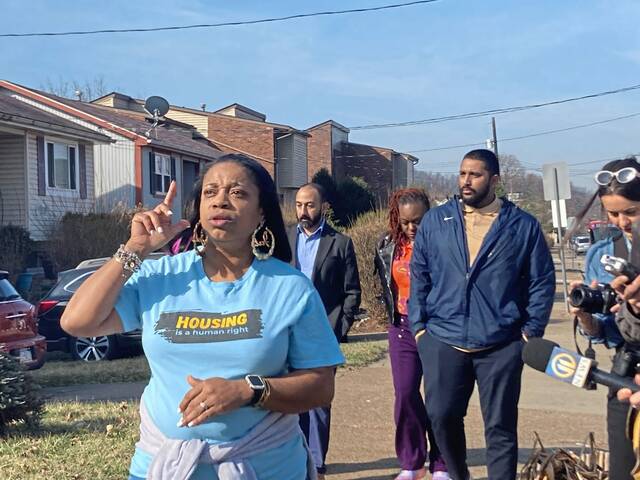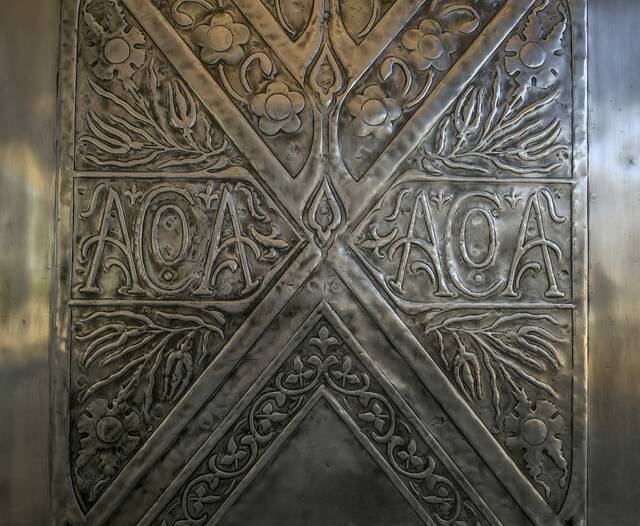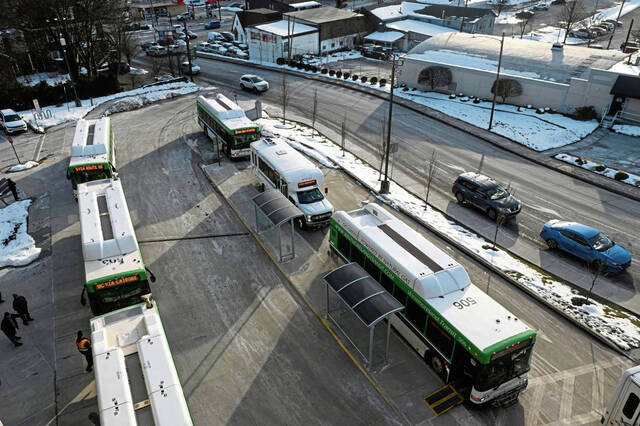Pennsylvania has housing issues.
There is a crying need for homes — whether houses or apartments — for certain sectors of the population. Specifically, there are needs for affordable housing in low-income and workforce price points where jobs that pay those wages exist.
The National Low Income Housing Coalition notes the problem as profound, claiming a shortage of more than 250,000 rental units needed to accommodate households at poverty levels alone. That doesn’t even address the need for “affordable housing,” a definition that can include those above the poverty line but still paying more than 30% of the household income for their housing.
The median income in Pittsburgh is $36,413. Thirty percent of that is $10,924, which would make affordable rent $910 or less. Apartments.com puts the average rent for a Steel City apartment around $1,334 — almost 50% above what is affordable. On the upside, Pittsburgh apartments are still more affordable than the national average.
That doesn’t feel like a victory when looking at homelessness in the city or when dealing with people teetering on the edge of becoming unhoused.
The Department of Housing and Urban Development exists for a reason. People need it.
Having government agencies that focus on housing issues does more than just help people keep warm and dry. It helps keep everyone’s property values up. It can affect tangential problems that get worse when people don’t know where they will sleep — problems like health concerns, mental health, drug abuse and crime.
So it is no wonder that talk of cutting HUD field offices is alarming to local officials and those in need.
“We heard disturbing reports from inside HUD that oversight is being intentionally weakened, making it hard to hold landlords accountable and ensure that tenants have safe and stable housing,” said Jala Rucker, a tenant advocate and board member of the Housing Authority of the City of Pittsburgh.
Rucker joined Mayor Ed Gainey and U.S. Rep. Summer Lee, D-Swissvale, on Thursday to address the issue.
Pittsburgh’s HUD field office is not just servicing Pittsburgh residents. It also works with almost half of Pennsylvania’s counties, assisting more than 44,000 households. That’s households, not people, meaning many can have multiple individuals, including families with seniors and children.
HUD Secretary Scott Turner is looking at possible cuts to whole offices or reducing staff.
The timing could not be worse. Pittsburgh and Allegheny County have been battling homelessness with a whip and a chair in recent years. County Executive Sara Innamorato has made the creation of 500 affordable housing units a goal of her first 500 days and has made strides. However, if HUD services become harder to access, the problem will grow faster than solutions.
Pennsylvania needs affordable and low-income housing to be a priority from the top down.








